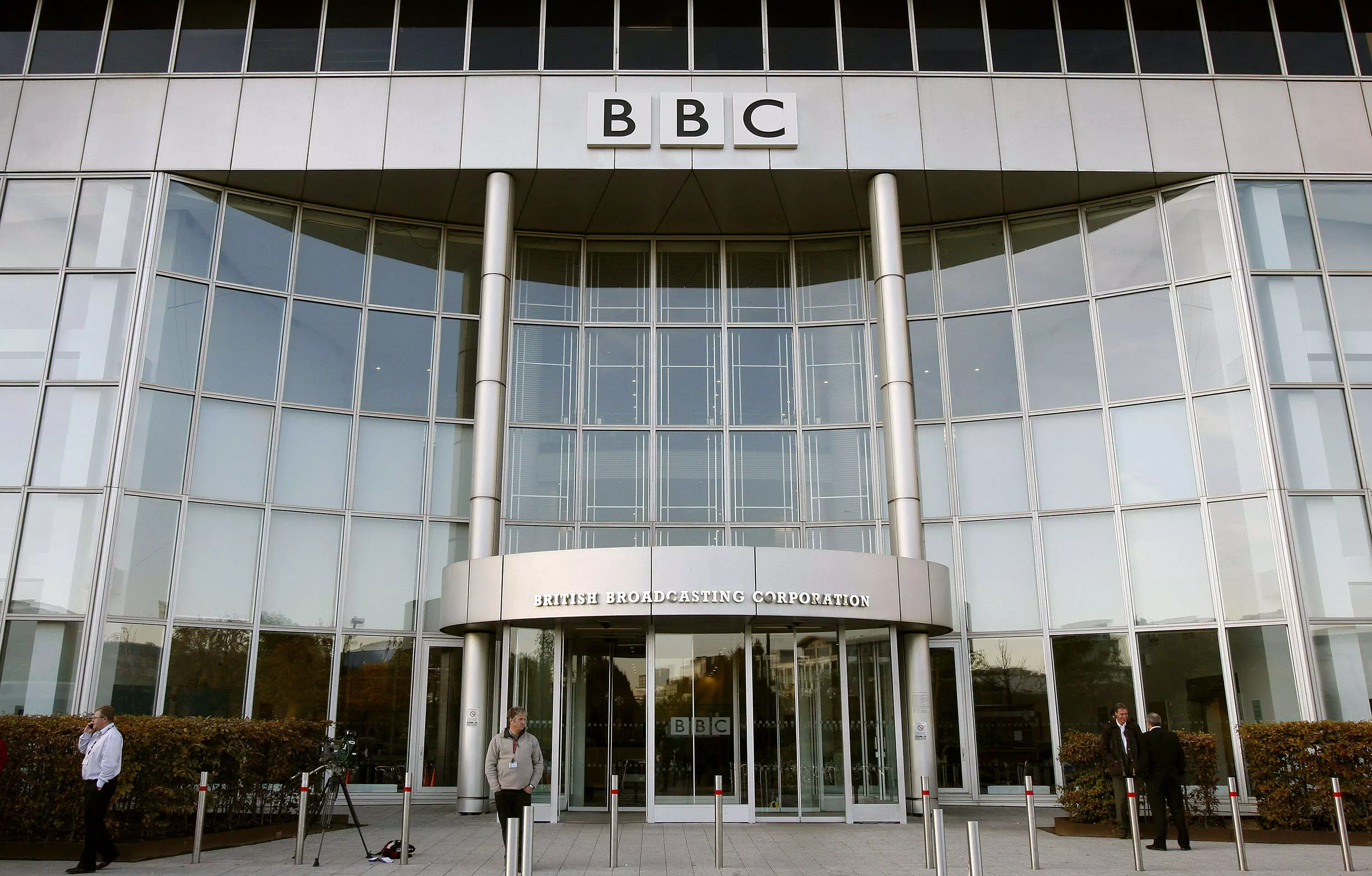An act of vengeance?

The income tax department’s survey inside the British Broadcasting Corporation’s premises continued for the second straight day on Wednesday. Amid uproar and resentment from opposition parties and journalistic bodies, the government justified the survey as a routine exercise. The BBC, too, affirmed that it is “fully co-operating” with authorities to get the “situation resolved” soon. The survey is being conducted to examine alleged malpractices relating to transfer pricing and profit diversion. Notably, the I-T Department is empowered under Section 133A of the I-T Act, 1961, to enter any place of business or profession or charitable activity within their jurisdiction to verify the books of account or other documents, cash, stock, or other valuable article or thing, which may be useful for or relevant to any proceeding under the Act. So far so good — everything sounds as per the rulebook! Real problems start arising when this text is put in a wider context. The survey on the BBC has come merely a couple of weeks after the media corporation released a documentary questioning the role of the present Indian Prime Minister in the notorious 2002 Gujarat riots, in the capacity of a chief minister then. The documentary attracted stiff opposition from the Indian government which subsequently ordered online platforms to take down the links. Now, opposition parties, critics of the government, journalistic bodies and free speech activists have started to explore the ostensible link between the release of the documentary and the conduct of the survey by a Central agency. Experts are not hesitating to term the survey as a punitive act. If indeed the survey is conducted with a sentiment of vengeance, it must be said that such a response doesn’t suit the national government of a vibrant democracy like India. Allegations of legal malpractices and profit diversions apart, spokespersons of the ruling Bharatiya Janata Party are not shying away from questioning the functional attributes of a century-old media corporation like the BBC. A spokesperson of the BJP derogatively de-abbreviated the BBC as Bhrasht Bakwaas Corporation, meaning that it is a corrupt, propaganda-spreading organisation. He tried to counter-attack the opposition by the Indian National Congress, saying that Indira Gandhi, too, had imposed a ban on the BBC. One may note a confluence of certain facts culminating in the chaos of sorts. While the authorities have cited revenue- and profit-related irregularities, members from the ruling government are harping on an altogether different tune by bringing the operational credibility of BBC as a media organisation into question. This, apparently, amalgamates into a perceptive situation where the organisation is deemed fit to be punished for its alleged incompetencies. Two moot questions arise here. First, how suitable is it for a democratic government to bring a reputed and long-serving media organisation into the witness box, based totally on subjective perception? The second question is whether wrongdoing by an erstwhile government gives a licence to the incumbent government to go the same way. The BBC, it must be noted, operates under the Royal Charter, and is entrusted to “provide duly accurate and impartial news” to build people’s “understanding of all parts of the United Kingdom and of the wider world.” From time to time, it has been alleged in its own country to hold a liberal bias. None other than the UK’s longest-serving Prime Minister Margaret Thatcher termed it as ‘Bolshevik Broadcasting Corporation’. However, none of this provides the ruling government of India a reason to clamp down or castigate the corporation. It is true that the charges of financial irregularities against the BBC need to be objectively examined, but the intent and the timing of the survey, too, demand scrutiny. It is very pertinent to note here that several raids and inspections have been carried out against certain media persons and media houses in the past couple of years. None of those has reached any conclusive outcomes. This, in a way, substantiates the charge against the government that it might be using the process as a punishment for acts that are not yet established as being illegal. Opposition parties have lashed out at the government for its ‘intimidation tactics’. However, the present case has ramifications far beyond the realm of domestic politics. The Editors Guild of India is ‘deeply concerned’ about the “continuation of a trend of using government agencies to intimidate and harass media outlets critical of the ruling establishment”. More importantly, in its G20 presidency year, the world is looking towards India. The Indian government needs to figure out what message it intends to send to the larger world as a ‘mother of democracy’.



